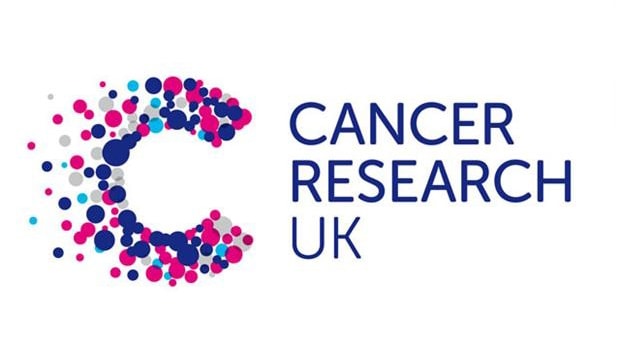
Cancer Research UK announces push for earlier cancer detection
pharmafile | October 22, 2019 | News story | Manufacturing and Production |
Cancer Research UK has embarked on a new international alliance with a plan to develop ‘radical new strategies’ and technologies to ultimately enable cancer to be detected at its earliest stage.
The ambition is part of a new transatlantic research alliance which believes that understanding the biology of early cancer and precancerous states will permit doctors to find more accurate ways to spot the disease earlier and where appropriate treat it with a much higher degree of efficacy.
The new alliance could even enable ‘precision prevention’ in which the disease could be effectively stopped from occurring in the first place.
Cancer Research UK alliance partners include Canary Center at Stanford University, the University of Cambridge, the OHSU Knight Cancer Institute, UCL and the University of Manchester – a combination that will form The International Alliance for Cancer Early Detection (ACED).
Michelle Mitchell, Cancer Research UK’s Chief Executive, said: “Now is the time to be ambitious and develop effective new ways to detect cancer earlier. It’s an area of research where we have the potential to completely change the future of cancer treatment, turning it into a manageable and beatable disease for more people.
“Real progress in early detection can’t be achieved by a single organisation. Benefits for patients will only be realised if early cancer detection leaders from around the world come together. No more siloes, no more missed opportunities; let us tackle this problem together and beat cancer.
Specific areas being focused on by the alliance will include developing new improved imaging techniques as well as robotics to detect early tumours and precancerous lesions. Additionally the alliance aims to increase understanding of how the environment surround a tumour influences cancer development.
The alliance will also aim to invest an essential cash injection of up to £40 million over the next five years into ACED and additionally Stanford University and the OHSU Knight Cancer Institute will make further contributions taking the total amount of investment to over £55 million.
Nik Kiran






